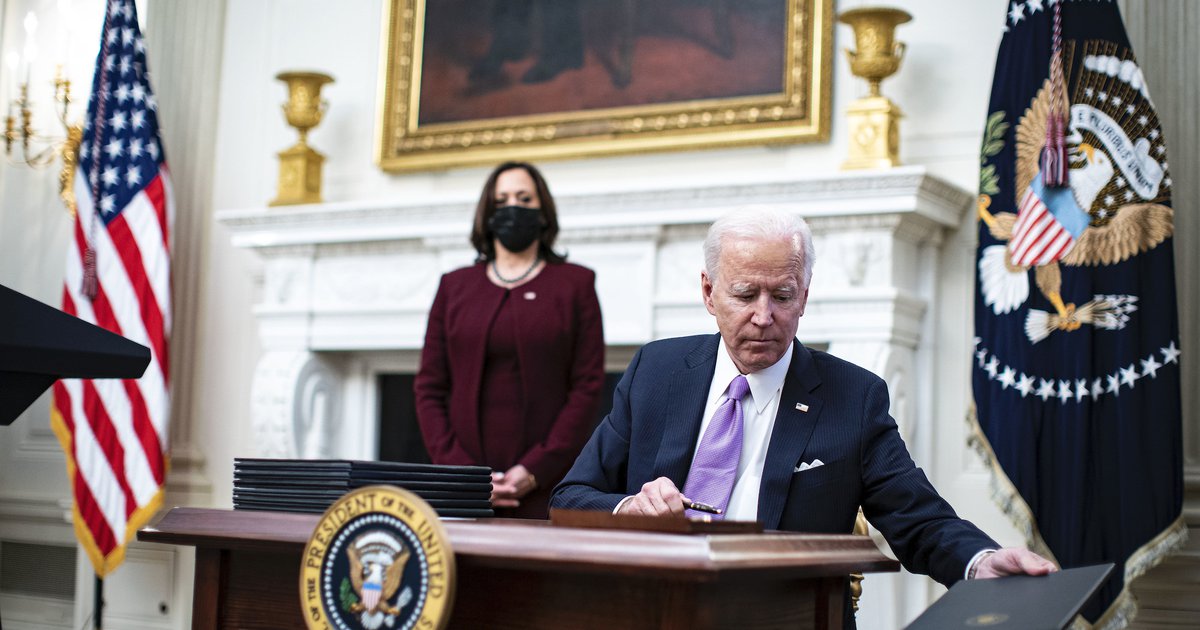
Well, ghosts and spectres, as Freud has shown, are a species of the uncanny or das Unheimlich which signifies that which is both strange and all-too familiar. The uncanny is also the preserve of the figure of the double.
Kamala Harris – the former San Francisco prosecutor and California Attorney General who infamously could scarcely contain her glee as she announced her intention of jailing parents for the truancy of their children – has a rather striking double. More than her highly contested claim to progressive credentials, the key thing about Harris’s past, as Briahna Gray, writing in The Intercept, points out, is that:
“To become a prosecutor is to make a choice to align oneself with a powerful and fundamentally biased system. As Paul Butler, former prosecutor and author of Chokehold: Policing Black Men, told the Guardian, ‘as a lawyer who went to law school with a goal of helping black people and using my legal skills to make things better, the realization that the law itself was a mechanism to keep African-American people down was frightening.’ ”
****
Harris’s double, then, is none other than Angela Davis, a woman whom the US government sought to convict on three capital felony charges over the infamous Marin County insurrection, which is the topic of Shola Lynch’s brilliant 2012 film Free Angela Davis and All Political Prisoners. Had she been convicted, Davis would have been executed. A former longstanding member of the US Communist Party, Davis has since devoted the greater part of her life to what has become one of the most pressing questions in the wake of the #BlackLivesMatter movement: abolishing what she has called the “prison-industrial complex.” Kamala Harris’s own radical parents were part of the legendary Berkeley reading group on the Black Radical tradition out of which the Black Panthers were formed in the early 1960s at a time when global revolution was very much on the agenda. As Princeton historian Donna Murch reminds us in her book, Living for the City: Migration, Education and the Rise of the Black Panther Party in Oakland, California, J. Edgar Hoover, head of the FBI at the time, called the Panthers the single greatest threat to the US state and set about murderously eradicating its leadership.
The radical potential of what the Combahee River Collective famously called “identity politics,” in which the valence of class, race, gender, sexuality and other aspects of identity coalesced in a genuine challenge to the structure of US racial capital, has now become transformed, as commentators such as Adolph Reed Jr. and Keeanga-Yamahtta Taylor have pointed out, into a project to place “Black faces in high places”. Fully incorporated and neutralized, it has become little more than a neoliberal career strategy for the managerial class.
Therefore, if the Biden Administration lacks an ambitious agenda of re-distributing power, wealth and opportunities, the anger and frustration that has been building over the past four decades, immeasurably bolstered by the intersection of the effects of the attacks of 911 and the financial crisis of 2007-09 – a glimpse of which we witnessed on January 6 – will be truly cataclysmic.
This piece was first published in the February edition of Splinters.